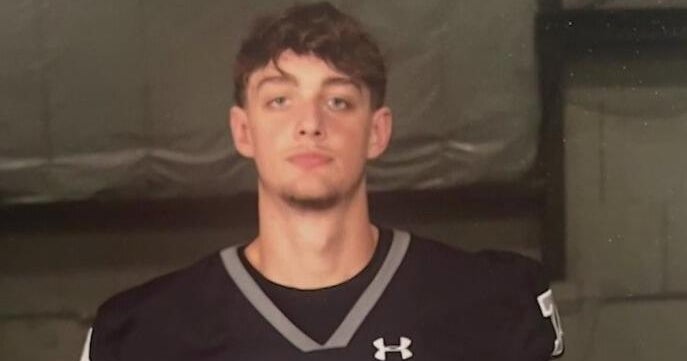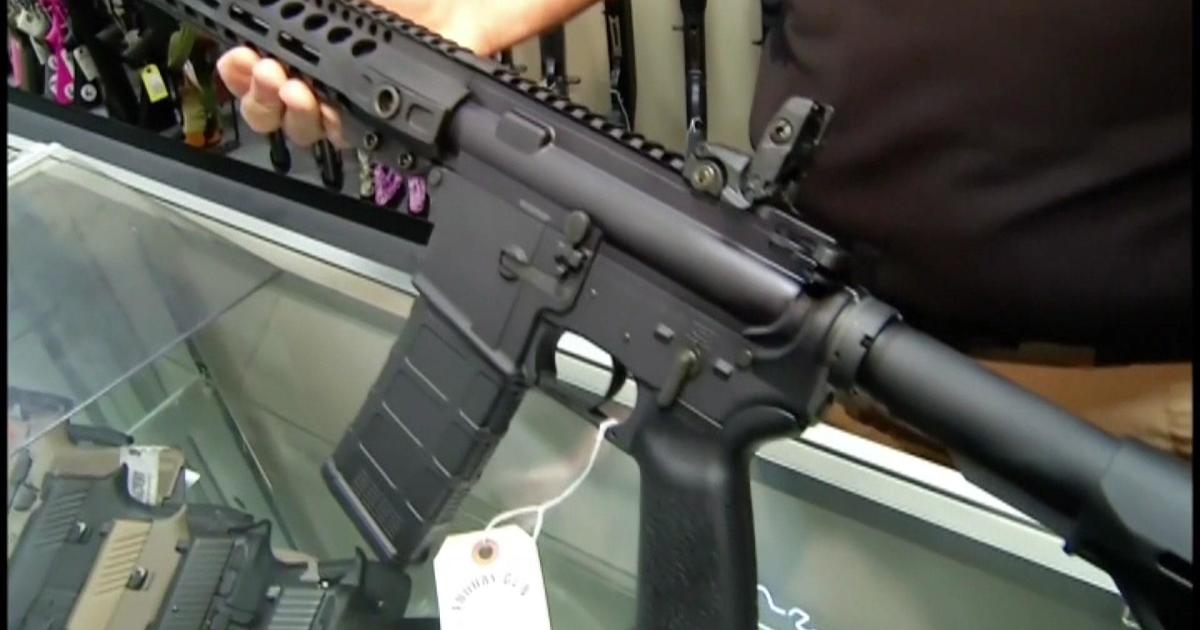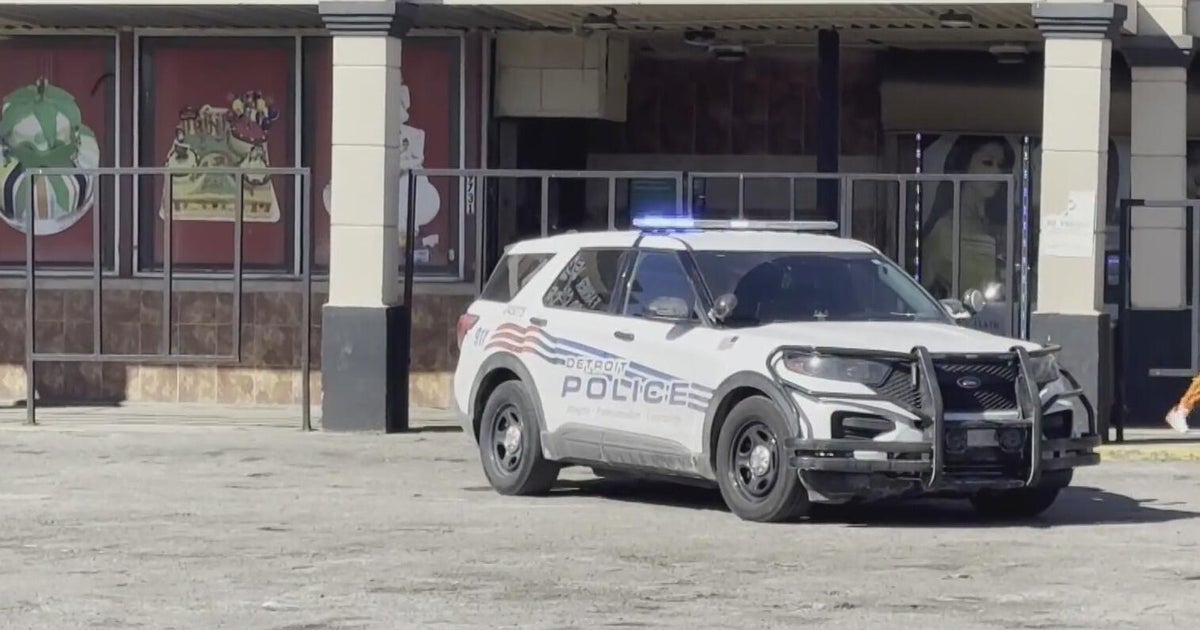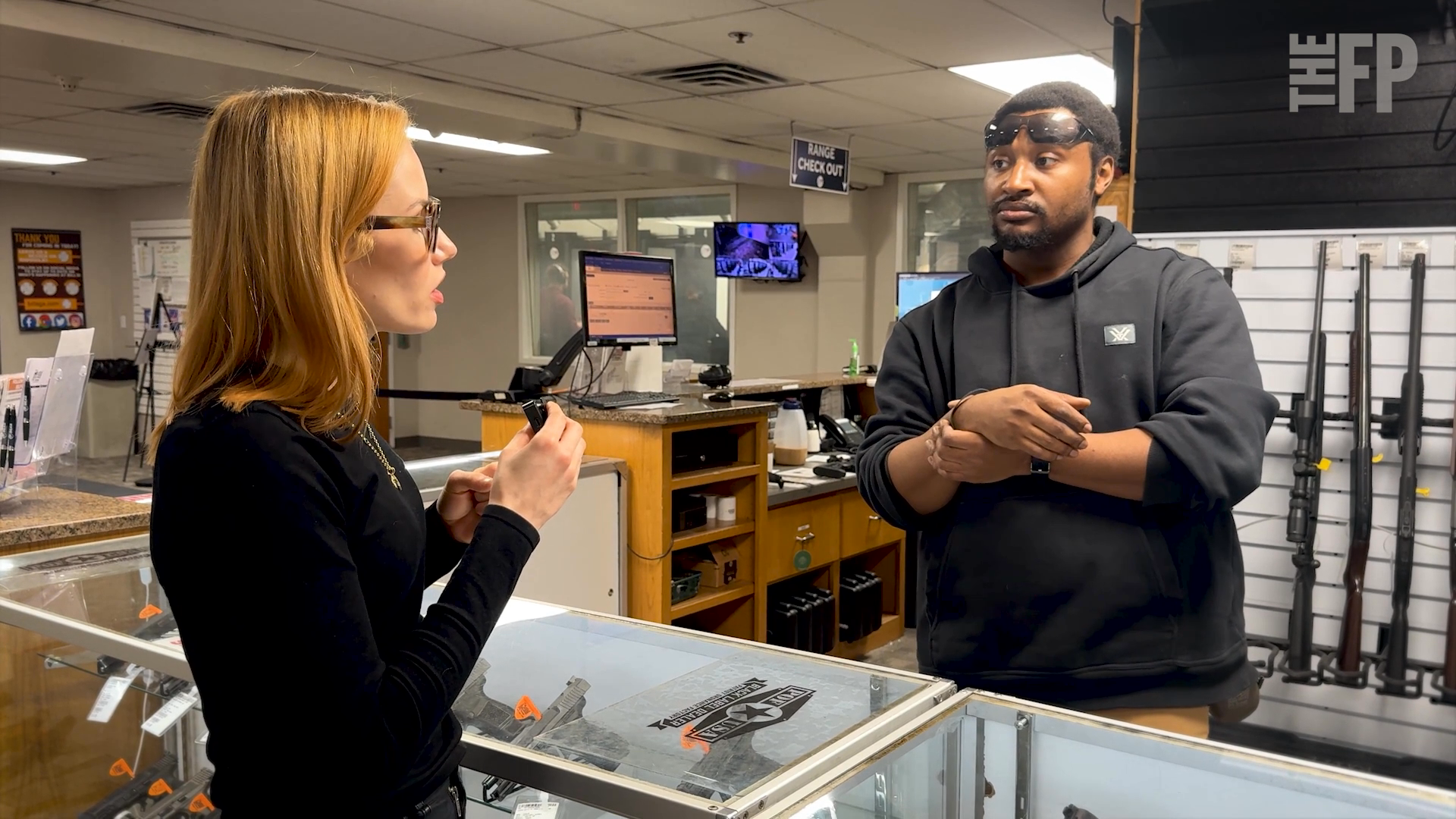NRA, long viewed as invincible, faces shrinking membership and revenue
The National Rifle Association is promoting its annual convention in Houston over the Memorial Day weekend as a chance to "celebrate Freedom, Firearms and the Second Amendment!" But with two mass shootings just 10 days apart that killed 21 schoolchildren and teachers in Uvalde, Texas, and 10 grocery shoppers in Buffalo, New York, the annual celebrations are giving way to a renewed debate over gun rights and the influence of the 151-year-old NRA.
The NRA has long used its ample coffers to fund lawmakers — mostly Republicans — on Capitol Hill and in statehouses across the U.S., in turn thwarting efforts to tighten gun control laws. The advocacy organization has maintained that stance since the 1970s, when it shifted from focusing on gun safety and marksmanship to fending off gun-control regulations, supporting friendly lawmakers and filing lawsuits to challenge firearm restrictions.
But IRS documents and legal filings show that the organization's finances have weakened significantly in recent years, while allegations of financial mismanagement, including misuse of funds and fraud by top leaders, threaten its future, according to experts.
Declining membership
The NRA's revenue declined 23% from roughly $367 million in 2016 to $282 million in 2020, the most recent year for which its tax filings are available. Contributions and grants from members and from corporations also have slipped 15% during that time.
"The NRA relies on revenue from members, and they seem to be losing members," said Frank Smyth, the author of "The NRA: An Unauthorized History," noting that he is a gun owner and NRA member who also believes in gun regulations. "They are doing their best to cover that up. It's a trend that is probably going to continue."
The NRA reached 5 million members in 2013, prompting its leader, Wayne LaPierre, to proclaim that the group would double its ranks to 10 million, according to USA Today. While its base swelled to 6 million members by 2018, it has lost ground since then, with LaPierre saying in a 2021 deposition that its membership was "under 4.9 million."
In a statement to CBS MoneyWatch, the NRA said that it has "approximately 5 million members." The group added that its efforts to defend gun rights are paying off.
"The NRA is fully engaged – as usual – in defeating courtroom adversaries and defending constitutional freedom," said Andrew Arulanandam, managing director, NRA Public Affairs, in an email to CBS MoneyWatch. "As an example of its winning advocacy, Georgia recently became the 25th state in the nation to pass constitutional carry."
"Constitutional carry" laws bar states from prohibiting legal gun owners from carrying a firearm.
The NRA is losing members for several reasons, experts say. The gun organization has been the focus of embarrassing allegations of financial mismanagement and fraud, with the group in its most recent IRS tax filing admitting that it paid for personal chartered jets for LaPierre, as well as "professional makeup and hair services" for his wife, Susan LaPierre, among other issues.
"Dismantling the power that the gun lobby accumulated over the years was never going to happen overnight, but it's clear that this NRA consumed by chaos and mismanagement is in a weakened position," said Shannon Watts, founder of Moms Demand Action, a gun regulation group that Watts started in the wake of the Sandy Hook elementary school massacre, in an email to CBS MoneyWatch.
Still a political force
Despite its shrinking membership and organizational turmoil, the NRA continues to wield considerable political influence. This weekend's NRA convention will be headlined by former President Donald Trump, while other leading Republican politicians such as Texas Senator Ted Cruz and Governor Greg Abbott are also scheduled to speak.
More than a dozen Republican politicians have received at last $1 million in campaign aid from the NRA over their careers, although not all of that is direct funding, according OpenSecrets.org, a group that tracks money in politics, and data compiled in 2019 by the Brady Campaign to Prevent Gun Violence.
While the NRA remains active as a lobbyist, gun control advocates contend the group is out of step with its own members, including gun owners who support rules such as universal background checks for anyone buying a firearm.
"Unfortunately, the way our congressional system is set up, they are still able to hold on with a tight grip on a small minority of U.S. senators," said Christian Heyne, vice president of policy at the Brady Campaign to Prevent Gun Violence. "That fear of being primaried by a more conservative candidate is a threat that feels very real."
Gun control activists also say that the violence prevention movement is gaining supporters, with Watts pointing out that the "vast majority of the American people" support gun restrictions. A recent CBS poll found that 54% of Americans favor stricter gun sale laws.
"It's on senators now to realize that this isn't the NRA of years past, and actually do something because we can't wait another minute," Watts said.
In the meantime, the NRA is facing a legal threat stemming from allegations of mismanagement and fraud among its own top executives. In 2020, New York Attorney General Letitia James filed a lawsuit claiming the NRA's top officials diverted millions of dollars from the gun group for their personal use and enriched family members and close associates by awarding lucrative contracts.
The NRA countered by filing for bankruptcy, aiming to reorganize and relocate to Texas. While the NRA is based in Virginia, it has long been chartered as a nonprofit organization in New York state. But a year ago, a Texas judge blocked the bankruptcy effort, suggesting that LaPierre and the NRA filed for bankruptcy only to escape James' pending litigation.
During the bankruptcy hearing, the NRA said it had adopted new accounting controls and policies. In his ruling to dismiss the bankruptcy claim, the judge noted that the "NRA now understands the importance of compliance," and added that the group was able to pay creditors and fulfill its mission.
Looming legal threat
Meanwhile, James' lawsuit is proceeding, although a judge in March blocked her efforts to shut the group down. Nevertheless, the judge allowed the lawsuit to continue and for James to seek LaPierre's ouster from the NRA.
"Now they are going to face a civil trial and that will eviscerate the NRA," predicted Smyth, who believes the lawsuit will result in financial controls and sanctions being placed on the organization.
James' lawsuit includes allegations that LaPierre mismanaged the NRA's finances, including spending money on personal costs such as chartering private jets to pick up his niece in Nebraska and trips to the Bahamas to spend time on yachts owned by a Hollywood producer who made films for the NRA. James' lawsuit was sparked by an internal whistleblower — former NRA president, and Iran-Contra figure, Oliver North.
So far, said Smyth, LaPierre has held onto power because of his ability to protect gun rights and land Republican bigwigs like Trump to NRA events.
Even if the NRA's finances are eroding, the issue of gun rights remains a potent topic among many voters in the U.S. And some NRA members are switching allegiance to other gun rights groups, Smyth noted. He pointed to former NRA board member and rocker Ted Nugent, who is now the spokesman for a gun group called Hunter Nation.
The NRA's organizational health may be faltering, but its impact remains potent. Said Smyth: "They took extremist ideas and made them mainstream — like the idea that we should all be armed."



